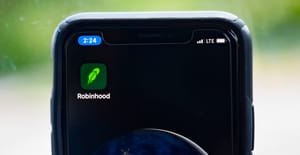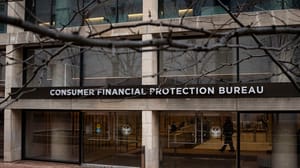Sovereign Funds Improving Transparency, Many Still Fall Short - StudySovereign Funds Improving Transparency, Many Still Fall Short - Study
The funds were scored on governance, structure, transparency, accountability and behavior.
November 4, 2016

By Claire Milhench
LONDON, Nov 4 (Reuters) - Sovereign wealth funds (SWFs) havemade progress in transparency and accountability since 2007, butmany still fall short of what the citizens of their country orthe international community should expect, according to athink-tank study.
The paper, authored by Sarah Stone and Edwin Truman underthe auspices of the Washington-based Peterson Institute forInternational Economics, assessed 60 funds and nine governmentpension funds, then scored them on elements such as governance,structure, transparency, accountability and behaviour.
The average score for the 60 SWFs was 62 percent while thegovernment pension fund average score was 87 percent, accordingto the study, whose results were released on Friday.
Perhaps not surprisingly, Norway's $888 billion SWF toppedthe scoreboard, followed by New Zealand's Super Fund, withscores of 98 percent and 94 percent respectively. ButAzerbaijan's state oil fund SOFAZ came fourth with a score of 92percent, and two Chilean funds also made the top 10.
"One often hears that SWFs from emerging market anddeveloping countries are non-transparent and consequently not asaccountable ... The scoreboard results refute thisgeneralisation," the authors wrote.
Many funds have substantially improved their scores over thedecade since the first scoreboard, with the 33 funds assessed inin 2007 raising their average score from 51 to 67 percent.
The authors suggested the growing influence of theInternational Forum of Sovereign Wealth Funds (IFSWF) may haveplayed a part in this, through the development of the SantiagoPrinciples, which were designed to promote good governance,accountability, transparency and prudent investment practices.
They highlighted Nigeria's Sovereign Investment Authority,which as a new IFSWF member increased its score by 58 percentagepoints to 76 percent between the third scoreboard, published in2013, and the latest.
They also noted that members of IFSWF in general ranked morehighly on the SWF scoreboard.
However, they added that one might have expected moreimprovement from the funds that scored below 80 percent in 2007.
Nine of these 21 funds recorded less than double-digitimprovements by 2015, including the UAE's Istithmar World andRussia's National Welfare and Reserve Fund.
Equatorial Guinea's Fund for Future Generations was at thebottom of the table, scoring 11 percent, while Istithmar Worldscored 23 percent, alongside the Libyan Investment Authority.
"A large number of funds fall short of what the citizens oftheir countries or the international community should expectfrom these funds, in particular the large funds, with regard totheir transparency and accountability," the authors wrote.
(Reporting by Claire Milhench; editing by Mark Heinrich)





